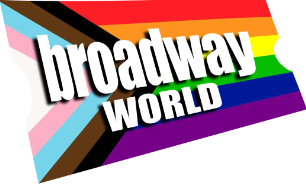Review: THE CHINESE LADY at Chance Theatre
stunning, thought-provoking historical drama through June 8th
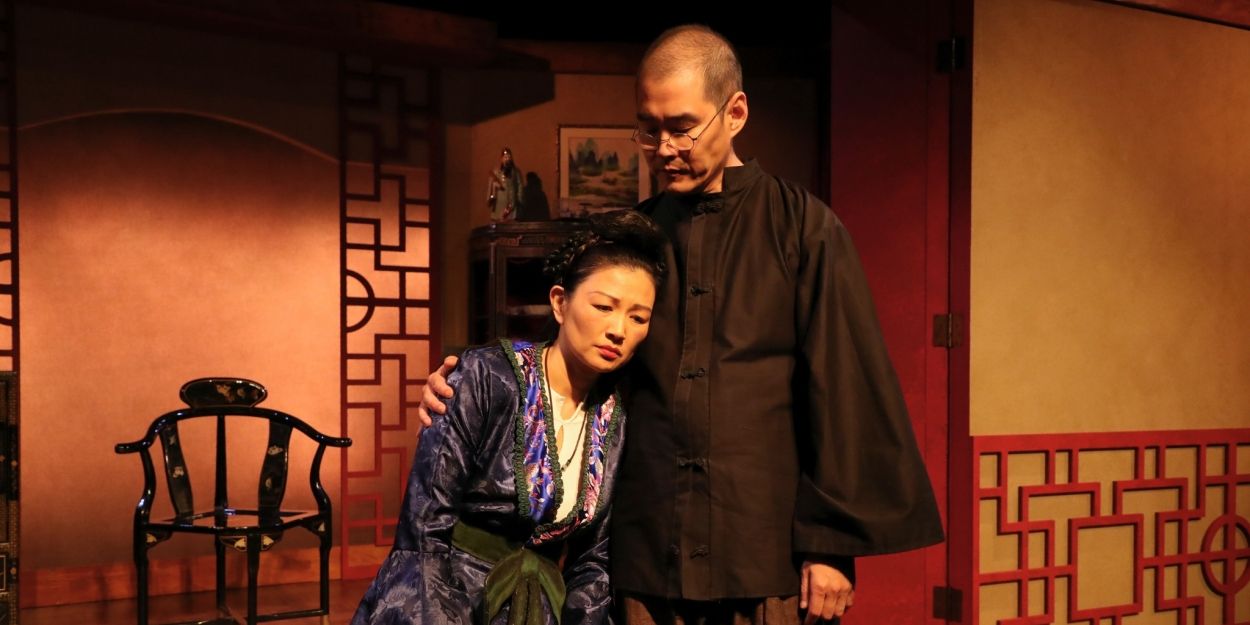
The Chinese Lady is the Orange County premiere of the searing, thought-provoking historical drama at the award-winning Chance Theater in Anaheim through June 8th. By Korean American playwright Lloyd Suh, The Chinese Lady was first performed in 2018. It later proved a very popular play in the COVID era, when theaters have seen it as a crucial exploration of Othering towards Asian communities in the United States. The production by Chance Theater, directed brilliantly by Shinshin Yuder Tsai, is lyrical, riveting, and provocative. The Chinese Lady is also surprisingly, darkly funny.
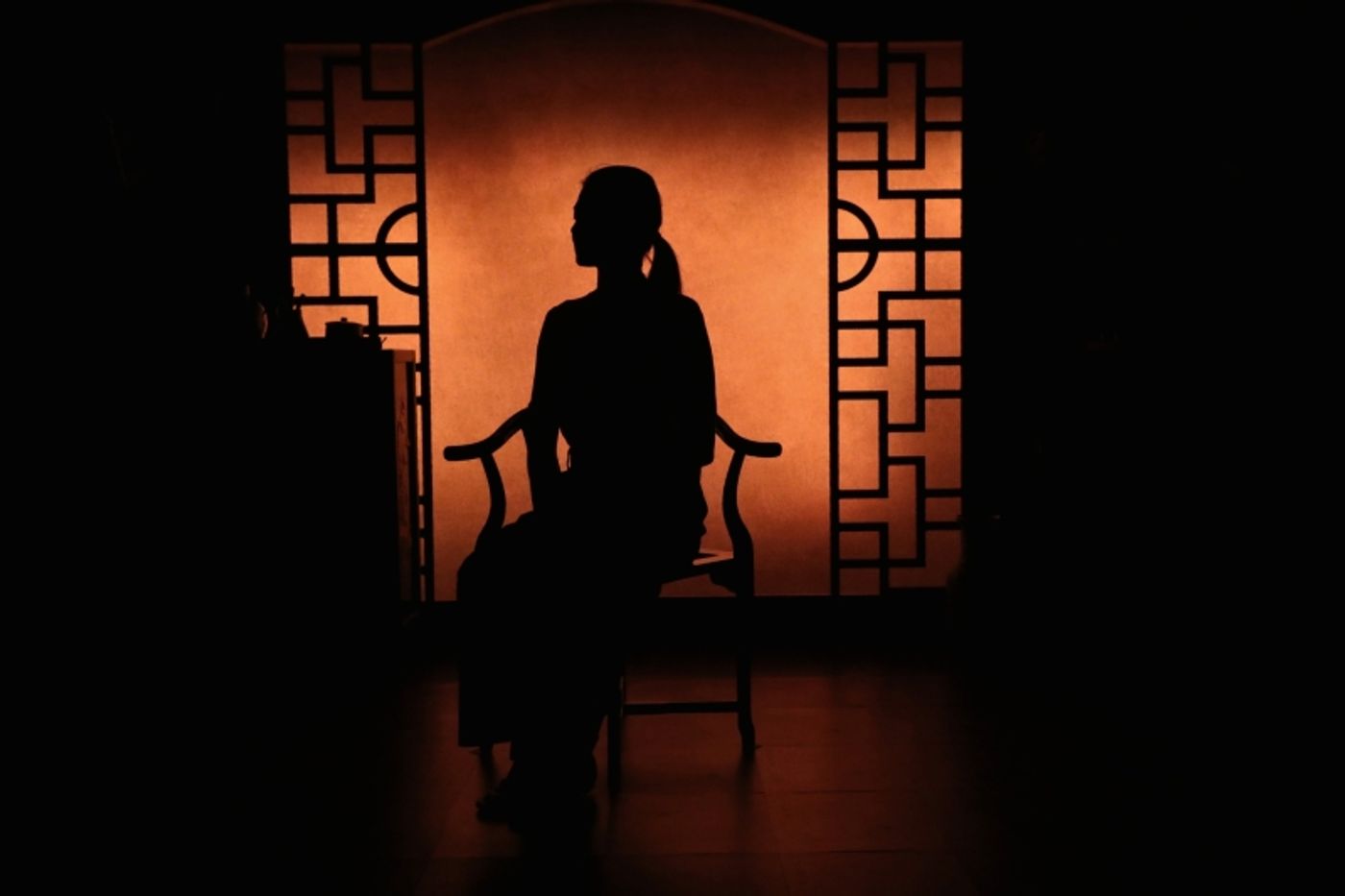
The Chinese Lady reminds me of the Michelle Kholos Brooks dark satire H*tler's Tasters, which I saw at Rogue Machine. Like H*tler's Tasters, The Chinese Lady is not a historical play in a traditional sense. The Chinese Lady is more of jazz-like improvisation riff on history, blending fact, speculative fiction, and searing socio-political questions on identity, cultural appropriation, racism, sexism, dehumanization, and the nature of hate. Freed from the strict constraints of realism, this is an innovative, poetic approach to historical fiction, rather like the 2018 Yorgos Lanthimos’ film The Favorite. Playwright Lloyd Suh describes his approach like this: “the play is not a historical replication or an attempt to theatricalize actual history. It’s more a kind of conjuring, in its attempt at a conjuring of somebody who is inherently unknowable.”
The lead character of The Chinese Lady, Afong Moy, was a real person, the first known Chinese woman to come to the United States in 1834. Very little is known about her life, but in traveling exhibits and at museums, she was displayed along with “oriental” furnishings. Afong Moy would eat, demonstrate the use of chopsticks, and walk around so the audience could watch her move with her tiny bound feet.
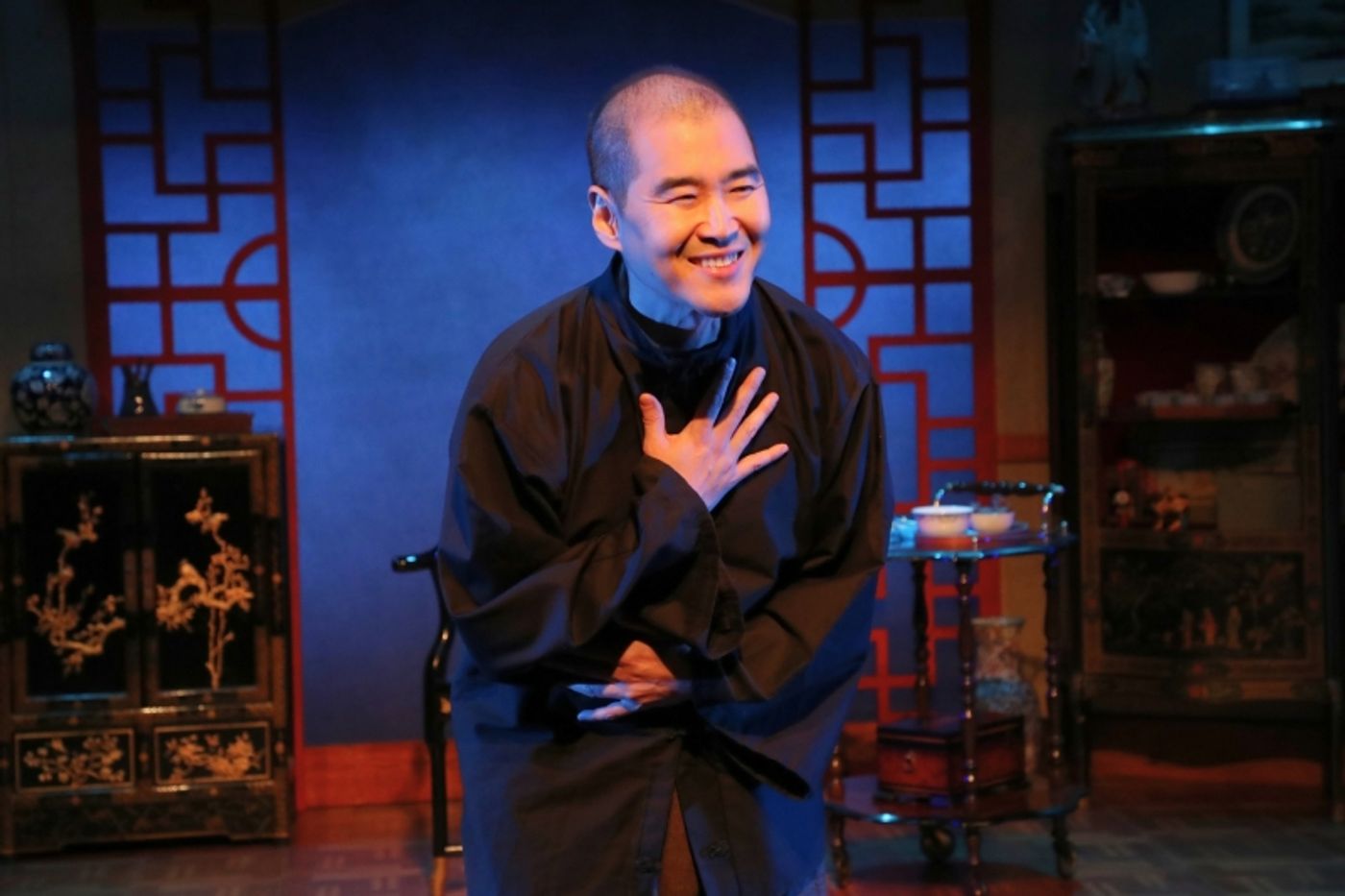
In staging The Chinese Lady, the modern theatre audience takes the place of the historical 19th century American audience paying to see Afong Moy - which poses provocative questions about the legacy of Othering that might continue, uninterrupted, through the present day.
There is something quite haunting, almost supernatural about the way that the set seems to change in front of our eyes. This is a gorgeous music box of a set by scenic designer Christopher Scott Murillo, intricate and breathtakingly lovely, with its Chinoiserie, its detailed elegance. But with stunning, eerie lighting by lighting designer Masako Tobaru and powerful tonal shifts by sound designer Jesse Mandapat, the set seems to alter into something claustrophobic and sinister.
At first hopeful and excited to be touring a new country, with hundreds of people coming to see her every day, over time Afong Moy realizes that her objectified display is not so innocent. After a visit to the zoo, she asks, “If I’m in a cage, what kind of animal am I?”
Lead actress Michelle Krusiec works a magic trick in front of us, transmogrifying from a hopeful, bouncy, almost irritatingly self confident girl of fourteen to a shattered woman in mid life, discarded by her import and circus traffickers, forgotten by the American public. This aging feat is achieved not through wigs or makeup but purely through Michelle Krusiec’s body language, even down to the light dimming visibly in her beautiful eyes. This is a powerful performance.
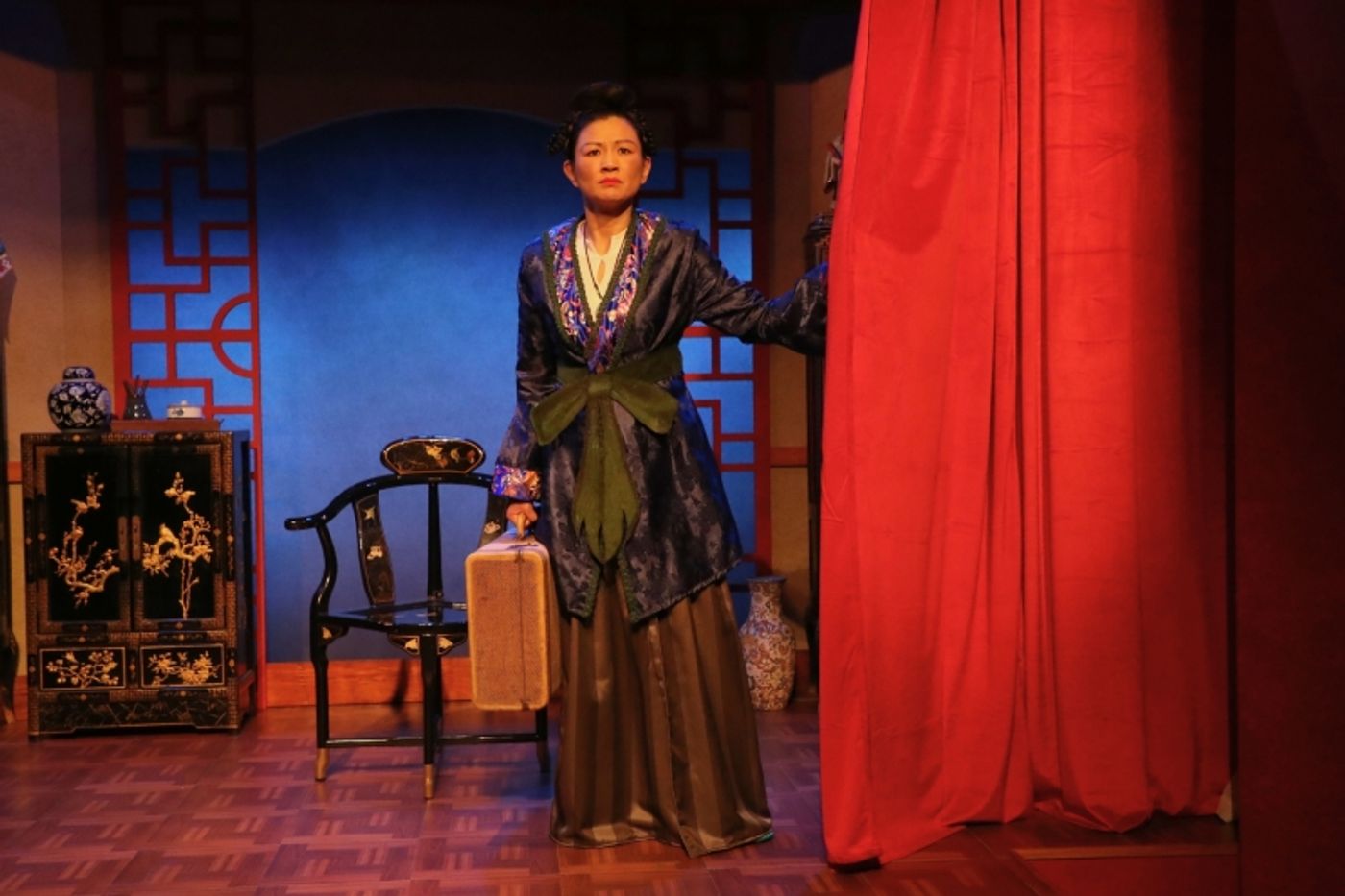
Michelle Krusiec has sparky, lively chemistry with Albert Park, who plays her cynical translator Atung in a brilliant, smiling rage. Albert Park’s genius performance is devastatingly funny and sublime.
From the creative team at Chance Theater, there is superlative craft in every detail of The Chinese Lady. Shinshin Yuder Tsai, Producing Associate at Chance Theatre and director of The Chinese Lady, is one of the preeminent talents of his generation. A young rising star, Tsai has an energetic boldness of voice, keen sensitivity, and a peppery instinct for humor. His brilliance, insight, groundedness and humility as an artist are refreshing.
There are times that The Chinese Lady buckles under the staggering weight of all that playwright Lloyd Suh wants to say. Afong Moy shifts from a consistent character to more of a vague historical sketch of a person — and sometimes into a mouthpiece for Suh’s own ferocious thoughts. The Chinese Lady can feel a little sketch-like, a little clunky and unfinished. There is so much Suh wants to communicate on the ugly history of exclusion, exploitation, murder and massacres committed against Asian people in the US, on the hypocrisy of a nation that upholds democracy and equality but often justifies and embraces hatred. And on how there might be hope and movement for the future.
“It’s not fun to think about a legacy of shame and victimhood,” Lloyd Suh has observed. “For us, for you and I, and for the generations in the future, we need to start thinking about, what can we do with that? It’s not just showing scars, or a list of grievances. What can we do with it? What can we build from it that disrupts that legacy of shame?”
The Chinese Lady occasionally leans too heavily into talking points and messages, outlining its urgent ideas with all the subtlety of bulletin points on the chalkboard of a college lecture. And yet in listening to the comments from the audience in the Q&A after the play, I was struck by how badly needed this message about Othering is.
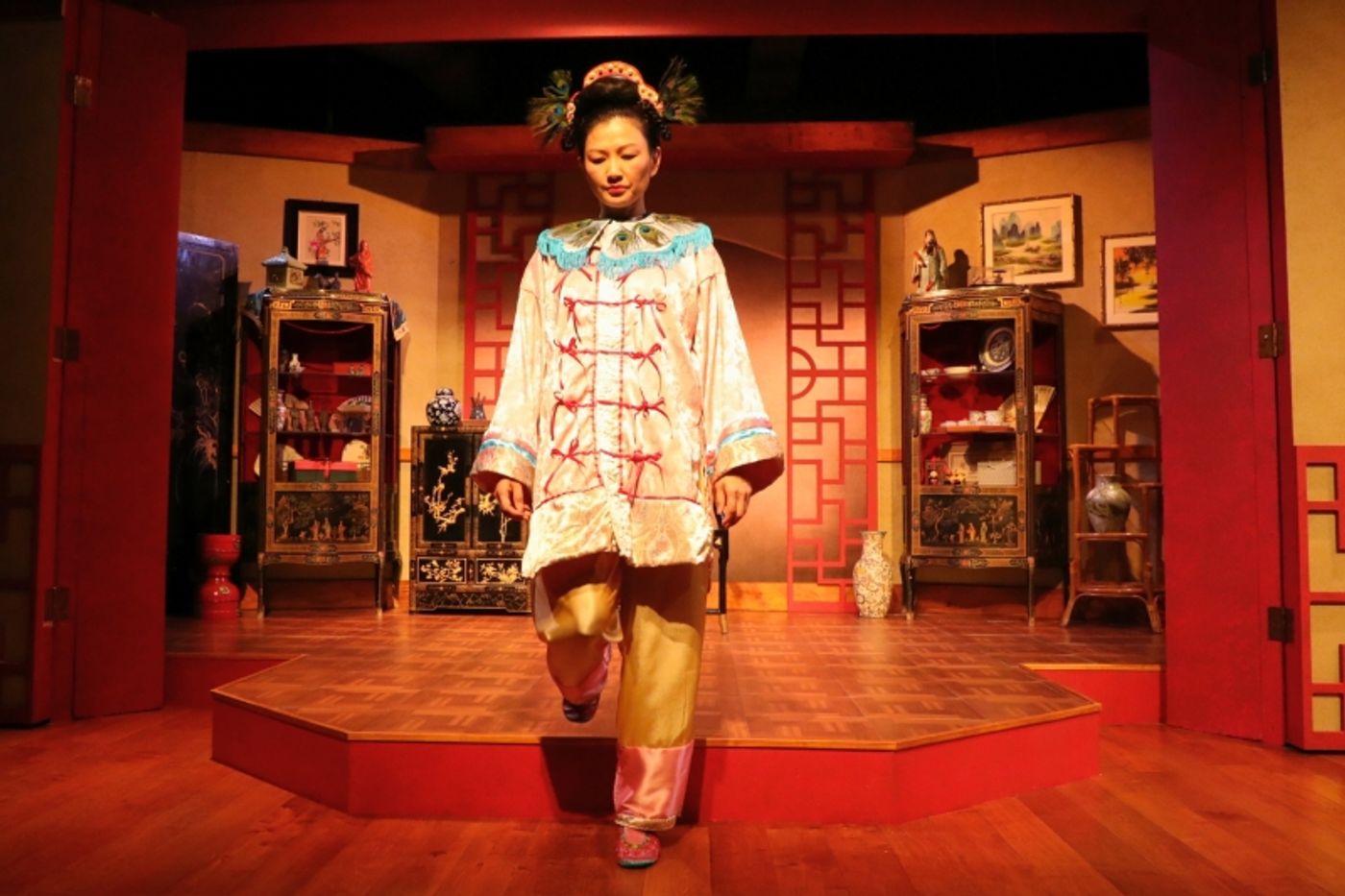
In the words of Suh’s Afong Moy: “If we take the time to really look at each other. To really look at each other. Then we might see, through all that vastness and variance, something true and real and wonderful. It is a beautiful thing to look at something long enough to really understand it. But it is so much more beautiful to be looked at long enough to be understood."
I have found myself thinking a lot about The Chinese Lady. While the writing is in some ways imperfect, it is also unflinching, vigorous, unforgettable. This is an exquisite production, and there is something about it that lingers indelibly under the skin.
Photos by Doug Catiller
The Chinese Lady runs at the Chance Theater in Anaheim through June 8th. Bette Aitken theater arts Center on the Cripe Stage is located at 5522 E. La Palma Avenue in Anaheim Hills. Parking is free on site at the theater. For more info and tickets please call call (888) 455-4212 or click on the button below:
Reader Reviews
SPONSORED BY THE LA PHILHARMONIC

|
|||
 |
 |
 |
 |
Videos
